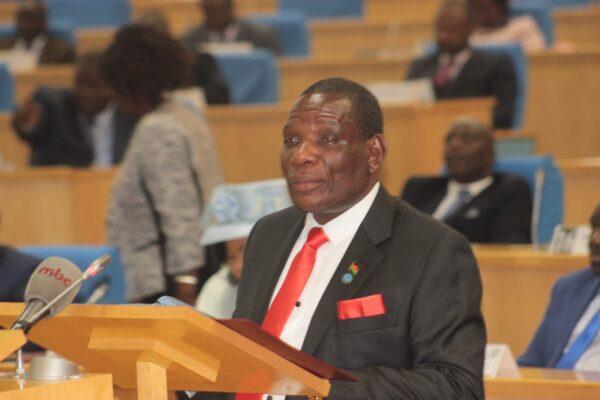By nyasatimes
Africa-Press – Malawi. Malawians should get ready to spend more money after government announced new taxes that will make life more expensive for many families.
In the 2025/26 Mid-Year Budget Review, government has increased value-added tax (VAT), changed the Pay As You Earn (PAYE) system, and added new business taxes. Government says it is doing this because it does not have enough money and the budget deficit is growing.
But many people—including economists, business leaders and consumer rights groups—say these changes will hurt ordinary Malawians who are already struggling with high prices, low incomes and shortages of forex.
What has changed in PAYE?
Government has changed how workers are taxed:
If you earn K170 000 or less, you will not pay income tax.
The old 25% tax band has been removed.
Now:
Workers earning between K170 000 and K1.57 million will pay 30% tax.
Those earning up to K10 million will pay 35%.
Anyone above that will pay 40%.
What does this mean?
Low-income workers get small relief because more of their salary is tax-free. But this relief will not last, because other taxes—like VAT—are rising. Middle earners may pay a bit more.
High earners will pay much more, which may reduce savings and investments.
VAT goes up—prices will rise
VAT has increased from 16.5% to 17.5%. This means many everyday items will become more expensive.
Consumer Association of Malawi (Cama) boss John Kapito warned that prices of cooking oil, sugar, soap, and even transport will go up immediately.
He also said many traders cheat by not issuing receipts and working with corrupt officers, meaning government still loses money while consumers suffer.
Economist Velli Nyirongo said increasing VAT when inflation is already high will worsen the situation. He said inflation may rise even more next year unless monetary policy remains tight.
Private sector worried—investment may slow down
Businesses say the new tax measures will make it more expensive to operate. Malawi Confederation of Chambers of Commerce and Industry (MCCCI) president Wisely Phiri said the taxes focus only on collecting money, not helping the economy grow.
He criticised the new Minimum Alternate Tax (MAT)—a tax that forces companies to pay 0.5% of their total sales, even if they made no profit. He said this will drain cash from companies still recovering from economic shocks.
He also said lowering the super-profit tax threshold from K10 billion to K5 billion will scare investors away at a time when Malawi needs more investment.
Tax experts say Malawi’s system is weak
Tax consultant Emmanuel Kaluluma said the new reforms show that Malawi’s tax system has deep problems. He said VAT works well in countries where businesses always tell the truth about what they earn. In Malawi, he said, many businesses easily hide or manipulate their VAT records.
He said government should improve tax compliance instead of simply raising VAT. Kaluluma also criticised the sudden introduction of the Minimum Alternate Tax, saying it shows government is failing to enforce tax rules effectively.
So what is at stake?
While government hopes these taxes will help it raise more money in the short term, many experts fear the following may happen:
Prices of basic goods will rise.
Inflation may get worse.
Companies may struggle or reduce jobs.
Investors may avoid Malawi.
Consumer spending will drop because people will have less money.
Economist Nyirongo said taxes alone cannot fix Malawi’s economy. He said government needs to cut unnecessary spending, manage debt better, and keep monetary policy strong.
Source: Malawi Nyasa Times
For More News And Analysis About Malawi Follow Africa-Press






